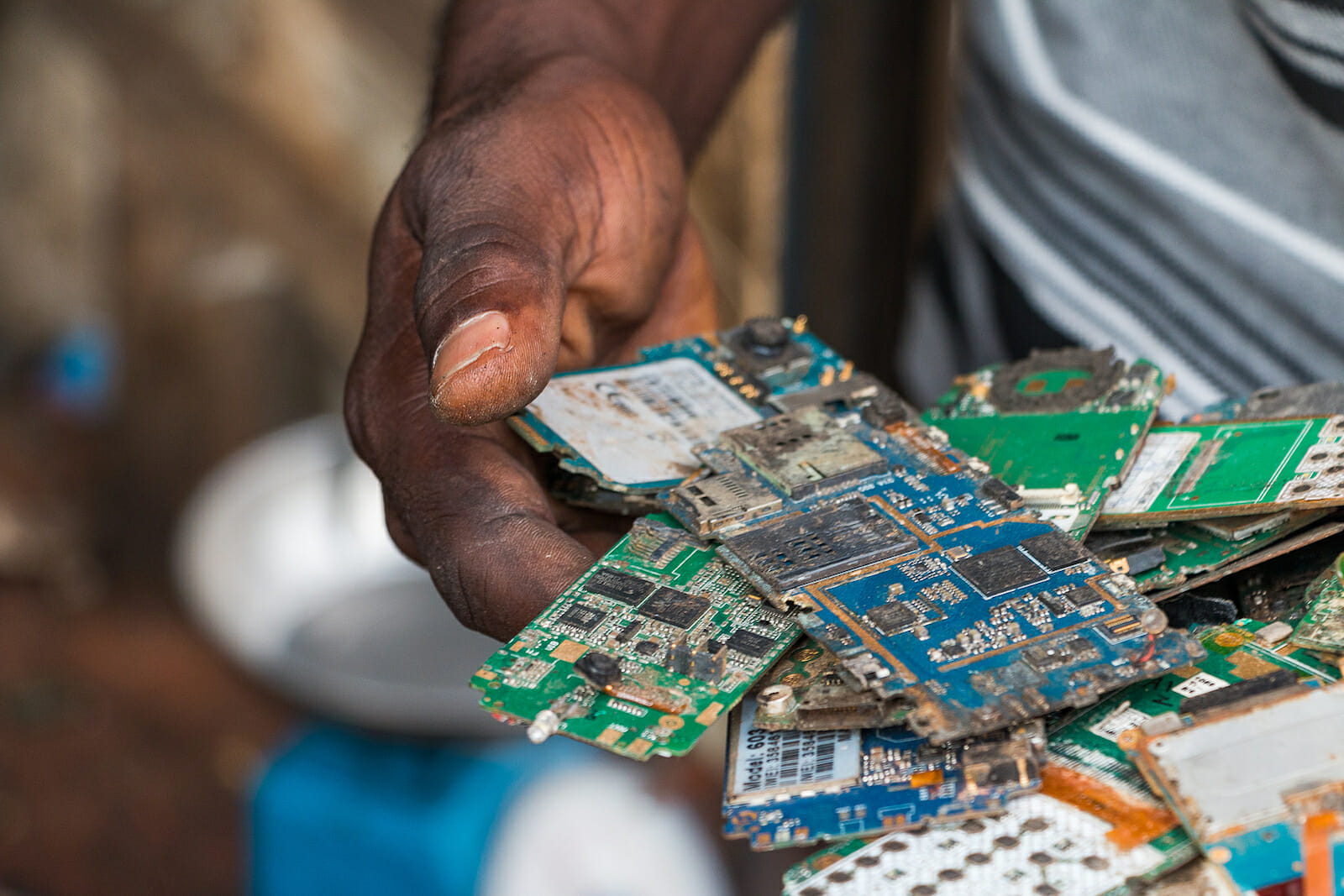
Tech
Transboundary Movement of E-Waste
The demand for used electrical and electronic equipment within developing countries runs in tandem with the demand for non-serviceable or near end-of-life products. Although the exportation of second-hand electrical and electronic equipment is legal in many developing countries, the exportation of electronic wastes is generally prohibited under international and regional treaties as well as under the statutes of several countries.
Nevertheless, trans boundary shipments of electronic wastes occur due to costly environmental and social standards for electronic wastes recycling in, for example, the European Union (EU) countries, the US and Japan.
For instance against the backdrop of the NIMBY (Not In My Back Yard) syndrome, waste disposal facilities are shrinking in most industrialized countries as a result of stricter environmental regulation, yet such wastes are ending up as illegal shipments which are effectively liberating developed countries of the electronic waste problem, at the expense of people in the developing world.
When the problem of this so called electronic wastes ‘dumping’ began to gain attention, it was China and India who were the main receivers. Recently however, studies are finding that such shipments were being exported beyond Asia to some African countries, with high volumes received by Ghana and Nigeria in particular. The scale of these illegal trans-boundary shipments of electronic wastes is growing; estimates from 2010 indicate that 40 percent of electronic wastes from Europe alone are being exported to Asia and Africa. In Nigeria, for example, estimates of the number of computer imports found to be non-functioning, range from 75 to 95 percent of each shipment.
Not a few commentators have identified the growing phenomenon of hazardous and electronic wastes dumping in developing countries from the industrialized world as a direct consequence of economic globalization. While globalization has indeed being identified as transforming trade, finance, labor, migration, technology, communication, and governance, there can be no denying the reality that one of its negative collateral effects since the 1990s has been the reduction in the regulation powers of national governments.
While international economic and financial integration is rapidly occurring as a result of increased trade and capital, technology and information flows, the production and sale of consumer goods vis-á-vis up-to-date technology is heavily and disproportionately weighed against developing countries. And even though technological diffusion and advances in communications are occurring quite rapidly, very vast portions of the developing world are left out. This atmosphere leaves the developing world in dire straits due to their incapacity to effectively prohibit the dumping of waste within their respective jurisdictions.
Although celebrated as the offshoot of the free market system that has characterized economic and trade liberalization since the 1990s, the commodification of waste, whether legal or illegal, cannot be ‘free trade’ because this reflects oppression, predation, exploitation, or coercion. This translates the so-called economic liberation theory of free market and globalization into nightmarish experiences for environmental and human rights protection in developing countries.
Environmental justice theorists have extended the philosophical issues by contending that treating others fairly also involves recognizing their membership in the moral and political community, promoting the capabilities needed for their functioning and flourishing, and ensuring their inclusion in political decision-making. Moreover, they maintain that distribution, recognition, capabilities, and participation are interrelated and interdependent – one can therefore not pursue one dimension of justice in isolation. Other writers have posited that within the context of toxic waste dumping, those who live closest to dumping sites bear the greatest adversities of toxic wastes are the poor, the homeless, street children and other vulnerable people at the lowest rungs of society. This reality manifests the deeper social problem of the environmental injustices that serve as catalysts for the human rights violations associated with the dumping of wastes.
The impact of the trans-boundary movement of hazardous electronic wastes to the weaker developing countries requires urgent action to reduce this menace.
Current environmental issues require new approaches. The linking of the increase in waste generation and dumping in developing countries acknowledges that prohibitions of trans-boundary movement of hazardous waste alone will not be successful without an effective multimodal approaches. A range of diverse actions is therefore required at the national, regional and international levels. Such an understanding for new approaches requires a new focus on governance and accountability in and among developing countries. Civil society needs to be strengthened within and across borders, enabling national and local organizations to play their part in environmental governance and to influence the use and allocation of resources more effectively.
Links between poverty, development and environmental pollution and degradation are strong. These links need to be openly addressed to provide a common foundation under international and regional law for all future action on sustainable development in developing countries.

